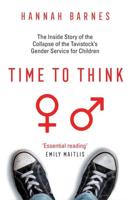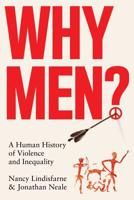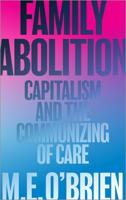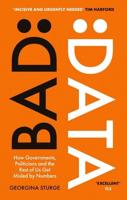Publisher's Synopsis
On the basis of current international understandings of human rights, this text addresses three central issues. First, it sets out to clarify the actual and potential relationships between religious traditions and what have been designated as human rights. It then analyzes precisely why certain traditions accept some but not all human rights, and where the main divisions among traditions lie. Finally it explains how human rights as a normative tool can be used to help resolve specific problems of human conflict and oppression in which religion plays a significant role.;In diagnosing the points at which certain religious traditions resist human rights, there is explicit discussion of the problems posed by forms of religious fundamentalism. Moreover, in delineating the role of religion as a source of intercommunal and intracommunal conflict involving human-rights violations, attention is focused not only on the dynamics of religious and social identity and group relations, but also on the reasons why women in particular often become the target of religiously-based oppression. And in describing how aggression and oppression might be mitigated by critical human-rights sources as well as their analogues in religious traditions, the book investigates controversial cases in which religion is partly the cause of conflict and oppression (Eastern Europe and the Middle East) and where minority religions are the special targets of oppression and aggression (in North America and in China).











